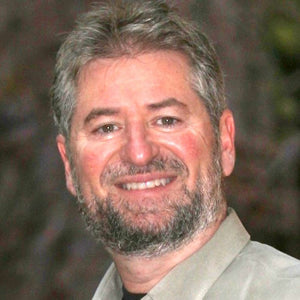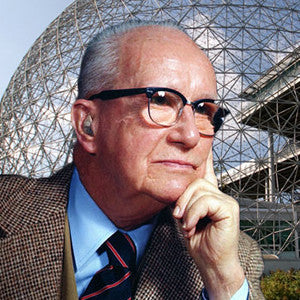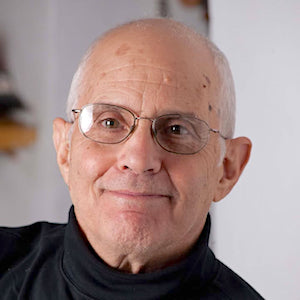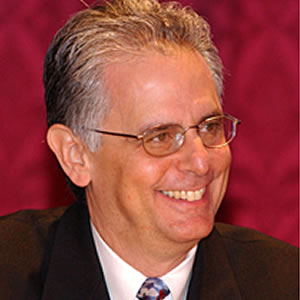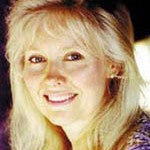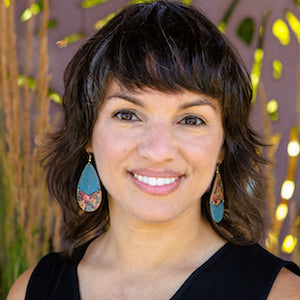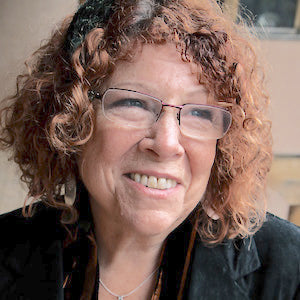Empathy: Bridging The Divide Of Polarizing Conversations with Edwin Rutsch
Product Tags
- active listening
- Barbara Fredrickson
- Carl Rogers
- collaboration
- conflict
- curiosity
- Edwin Rutsch
- empathic listening
- empathy
- empathy boot camp
- Empathy Cafes
- Empathy Circles
- Empathy Tent
- eye contact
- Helen Riess
- nonviolence
- peace
- Personal Transformation
- positive emotions
- Relationship/Partnership/Sexuality
- Self Help
- Social Change/Politics



